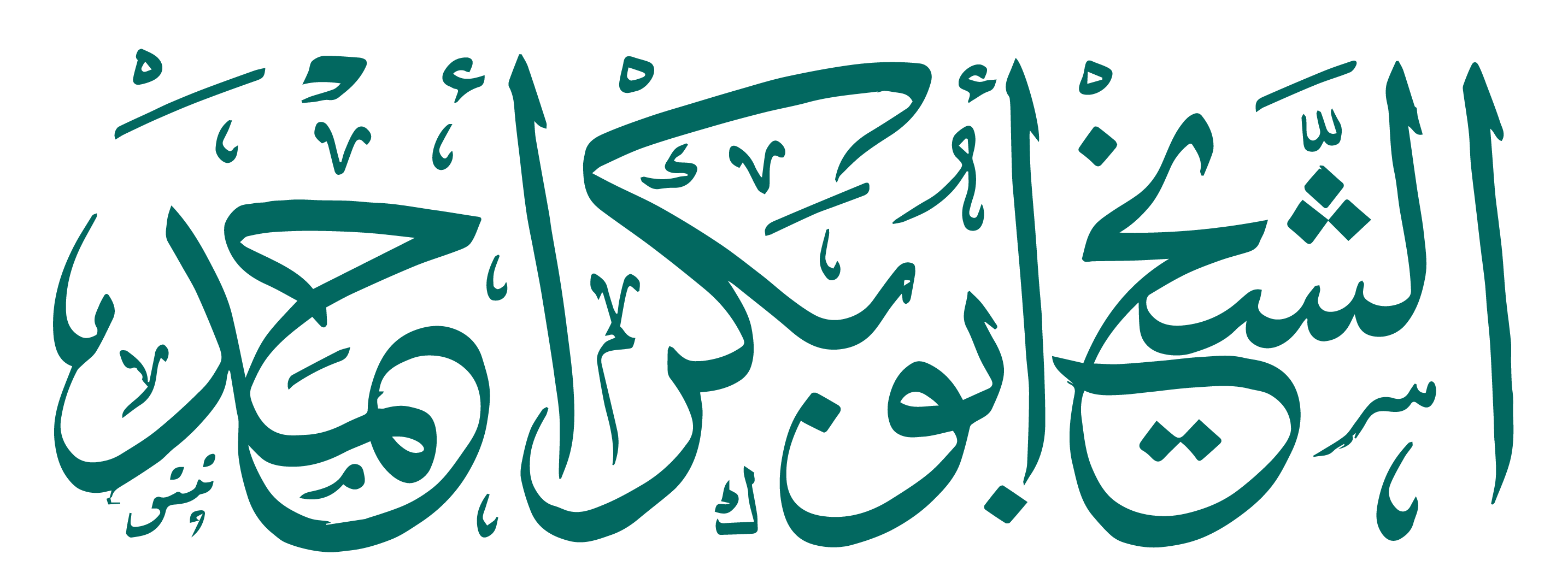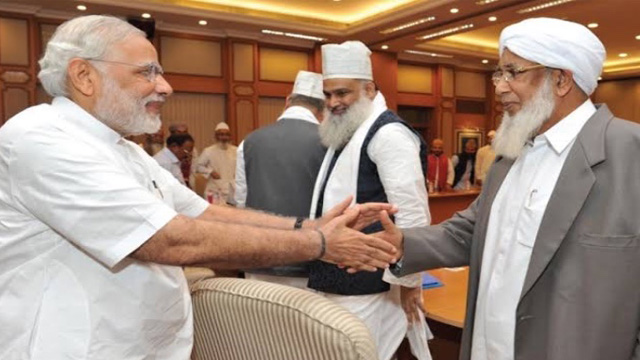Calicut: Grand Mufti of India, Sheikh Abubakr Ahmad was recently honoured with the prestigious Tokoh Maal Hijra Award, the highest recognition bestowed by the Malaysian Government upon world-renowned Muslim scholars. The award ceremony occurred at the Kuala Lumpur World Trade Center, where Malaysian King Al-Sultan Abdullah Sultan Ahmad Shah presented the award, marking the beginning of the Hijra year. This esteemed accolade was a testament to his six decades of selfless service in education, religion, and society.
Upon his arrival at Calicut airport, Grand Mufti was accorded a magnificent civic reception orchestrated by the community to express their profound respect for his tireless efforts. Activists led the way, escorting hundreds of vehicles in a grand procession from the airport to Markaz, the venue for the reception. Thousands of people enthusiastically participated in the event, organised by Samasta Kerala Jamiyyatul Ulema and supported by various civic groups.
The Malaysian Ministry of Islamic Development cited Grand Mufti's invaluable contributions to spreading love, peace, and harmony within Islam domestically and internationally. He has fostered inter-religious harmony and promoted Islamic values, knowledge, and education. Amidst the misrepresentation of Islamic teachings, Sheikh Abubakr has been actively researching, uncovering facts, and disseminating accurate information to his followers.
The award committee also commended his organisation's exemplary charity endeavours. Previous recipients of the Hijra Award include distinguished scholars like Syrian scholar Dr Wahhabi Mustafa Al Suhaili, Al Azhar Grand Imam Dr Ahmad Muhammad Al Tayyib, and Sheikh Muhammad bin Abdul Karim Al Issa, Secretary General of the Muslim World League.
The reception event held at Markazu Saquafathi Sunniyya was presided over by MK Raghavan MP. The event commenced with a prayer led by Samasta Kerala Jamiatul Ulama, Secretary Ponmala Abdulkhadir Musliyar. V Abdurahman, the State Sports, Minority Welfare, and Waqf Department Minister, inaugurated the grand reception. Minister PA Muhammad Riaz graced the event as a special guest—distinguished guests and speakers, including Adv. PTA Rahim MLA, Thottahil Ravindran MLA, State General Secretary of Kerala Muslim Jamaat Syed Ibrahimul Khalil Al Bukhari, KK Ahmad Kutti Musliar Kattipara, Perodu Abdurrahman Saquafi, N Ali Abdullah, Dr Muhammad Abdul Hakkim Azhari, Swami Gopala Acharya, Majeed Kakkad, and Dr Abdussalam, also shared their thoughts and appreciation.
The reception was attended by prominent individuals such as Syed Abdul Fattah Ahdal Avelam, VPM Faizi Vilyapalli, Abdurrahman Faizi Marayamaangalam, KMK Faizi, Abu Hanifal Faizi Thennala, Muhyiddeen Kutty Baqavi Ponmala, Abdunasar Ahsani Olavatur, Abdul Aziz Saquafi Vellayoor, A Saifuddin Haji, Syed Salih Jifri, Shibu Abubakar, Strong Light Nasser Haji Saleem Madaur, and P Muhammad Yusuf.
Sheikh Abubakr Ahmad's remarkable dedication to education, religion, and societal welfare has earned him the heartfelt admiration and gratitude of the community, and the Tokoh Maal Hijra Award is a befitting recognition of his outstanding contributions to world peace and harmony through the teachings of Islam, the receptions were concluded.
























